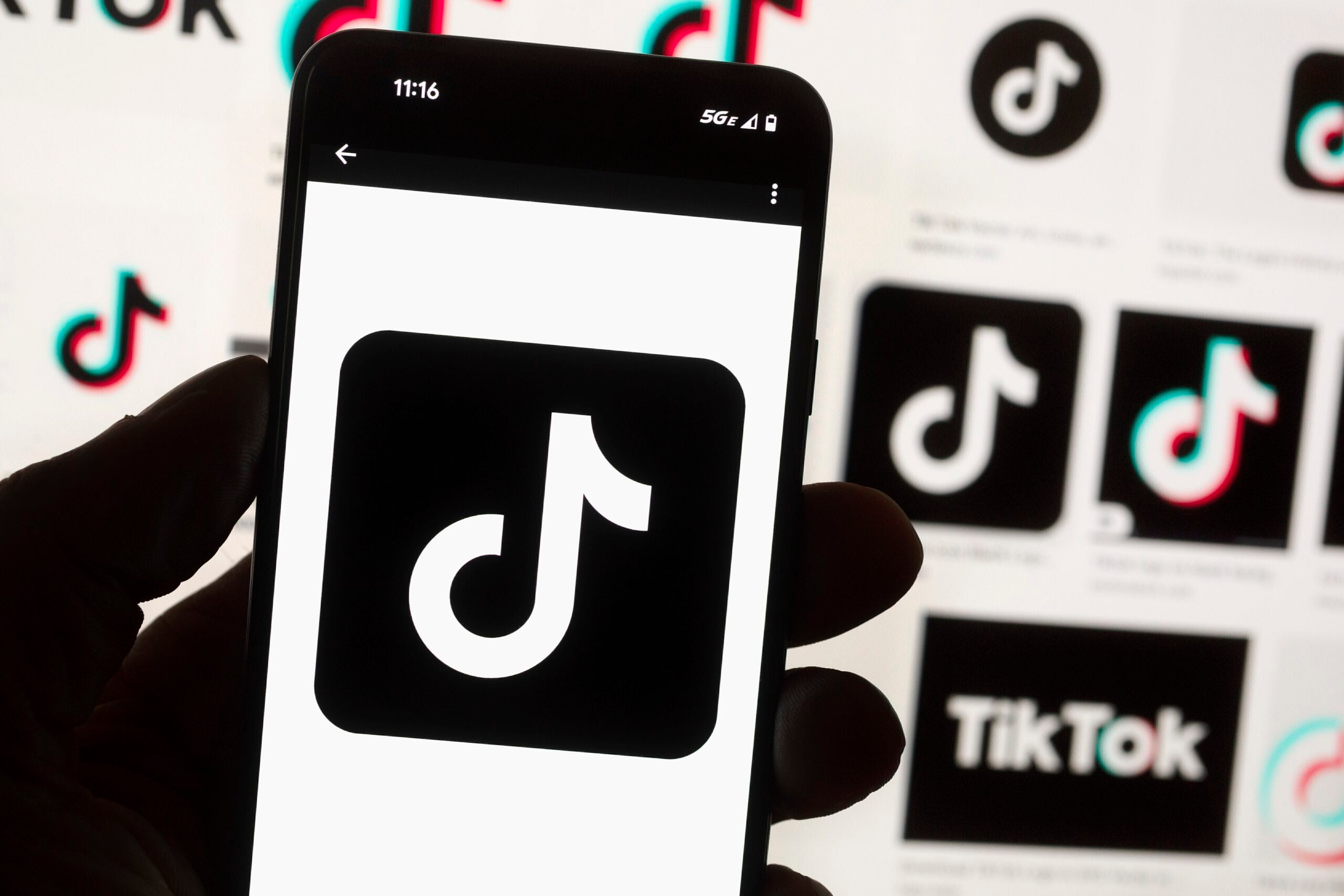by Rebecca Grapevine | Mar 15, 2023 | Capitol Beat News Service
ATLANTA – A Georgia House committee unanimously approved a bill Wednesday that would codify a ban on the use of TikTok on state-owned devices.
“This is all about national security,” said Sen. Jason Anavitarte, R-Dallas, the bill’s main sponsor. “This is not a content moderation bill.”
The bill would codify into state law Republican Gov. Brian Kemp’s directive last year prohibiting the use of TikTok, a highly popular video hosting service that runs user-submitted videos, and other similar applications.
TikTok is owned by a Chinese company, Byte Dance, and there is concern that its ties to the Chinese government could expose sensitive state data to a foreign government.
“It only takes one computer and one device to make us vulnerable,” Anavitarte told the state House’s Public Safety and Homeland Security Committee.
“The concern [is] …foreign adversaries having ownership [of social media platforms] and the security concerns on government devices.”
The bill would also apply to similar social media platforms that are directly or indirectly owned by foreign adversaries.
However, it provides exceptions for law-enforcement investigations, cybersecurity research and for other governmental purposes.
If passed, Georgia would join at least 25 other states that have banned TikTok on state-owned devices.
In other social media news, a separate House committee Wednesday approved a proposal to create a study committee focused on social media accountability. The study committee would be tasked with reviewing foreign influence on social media platforms in Georgia, the potential impacts of social media on youth mental health and censorship of speech by social media companies.
This story is available through a news partnership with Capitol Beat News Service, a project of the Georgia Press Educational Foundation.










